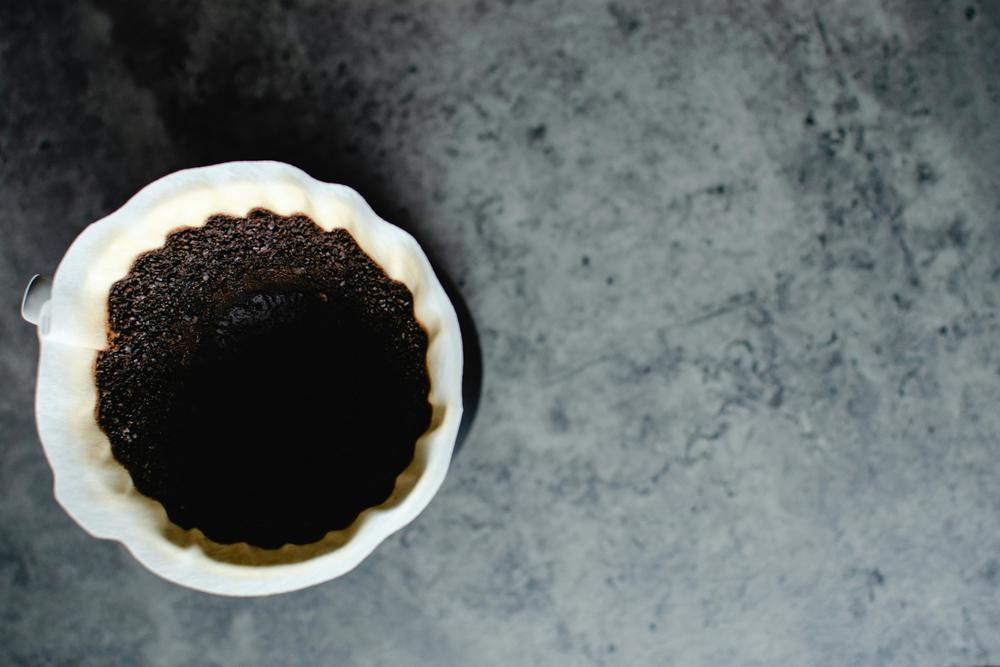
Section Branding
Header Content
Mercer University researchers are studying how to turn food waste into renewable energy
Primary Content

A research project at Mercer University in Macon, Ga., is exploring ways to turn food waste into renewable energy.
The project aims to solve two societal problems: food waste and energy security, Sarah Bauer, an assistant professor at Mercer, said.
She said she and six students—one graduate and five undergraduate—are looking at taking food waste and turning it into a liquid bio-crude.
“And we use a process called HTL or hydrothermal liquefaction," said Bauer. "Which essentially allows us to—on a very nonscientific description— take the hydrocarbons within this wet, organic process, digest it under high temperatures and high pressures, and come out with an oil source, a liquid oil source.”
She said it could then be refined into a gasoline that, for example, a car could run on.
Bauer said a lot of the food waste her team is studying is from the beverage industry. She said it’s an understudied food waste, outside research suggests it will work well with the process they are using, and the beverage industry is prevalent in Macon.
All the food waste for the project comes from local Macon businesses.
Graduate environmental engineering student Madalyn Nesheim and senior undergraduate environmental engineering student Leila Kelly are working with spent yeast, spent hops, spent grain and raspberry puree from a local brewery, coffee grounds from a local coffee shop and tea leaves from a local tea house.
“My research specifically was looking into combining these things... the yeast has a really, really high water content, and the coffee grounds have a really low water content, and we can combine them to get a more optimal water content for the reaction,” said Nesheim.
Bauer said the students' part of the project is focused on how to make the most effective liquid bio-crude.
Bauer and her students are also looking into possible environmental impacts of byproducts that come out of the process of turning food waste into fuel.
"When you're putting something into the system, you're gonna get something, some kind of byproducts out that are not necessarily what you were looking for or what the goal is," said Bauer.
She raises questions like how should waste water from the HTL process be disposed of?
“Because though, of course, we're doing this process and we're trying to optimize the reactor parameters, optimize the feedstocks that we're putting into our reactor to get the highest quantity and quality of bio-crude,” said Bauer. “But if you don't also look at the other byproducts you're creating, scaling this up on a large scale could have detrimental environmental effects as well. So, trying to look at this in, in a lot of different areas under a lot of different kind of lens to see on a larger scale, what would this mean for environmental sustainability?”
The project recently received funding from a U.S. Environmental Protection Agency P3 grant––part of the People, Prosperity and the Planet (P3) Student Design Competition.
It awards money to research specifically conducted by students who are interested in human health and the environment.
Kelly said working on this project as a student has been a hands-on experience.
“It's not just a smooth process of just, oh, A, B and C. It's a lot of figuring out—we tried this the first time; it didn't really work. So, kind of brainstorming how we can change it or what things we can do to like optimize a process,” said Kelly. “So that's also been a good learning process of the research as well that I've enjoyed.”
Bauer said the grant money is for two years and it will provide funding for material and equipment as well as funding for publishing and presenting the research.

